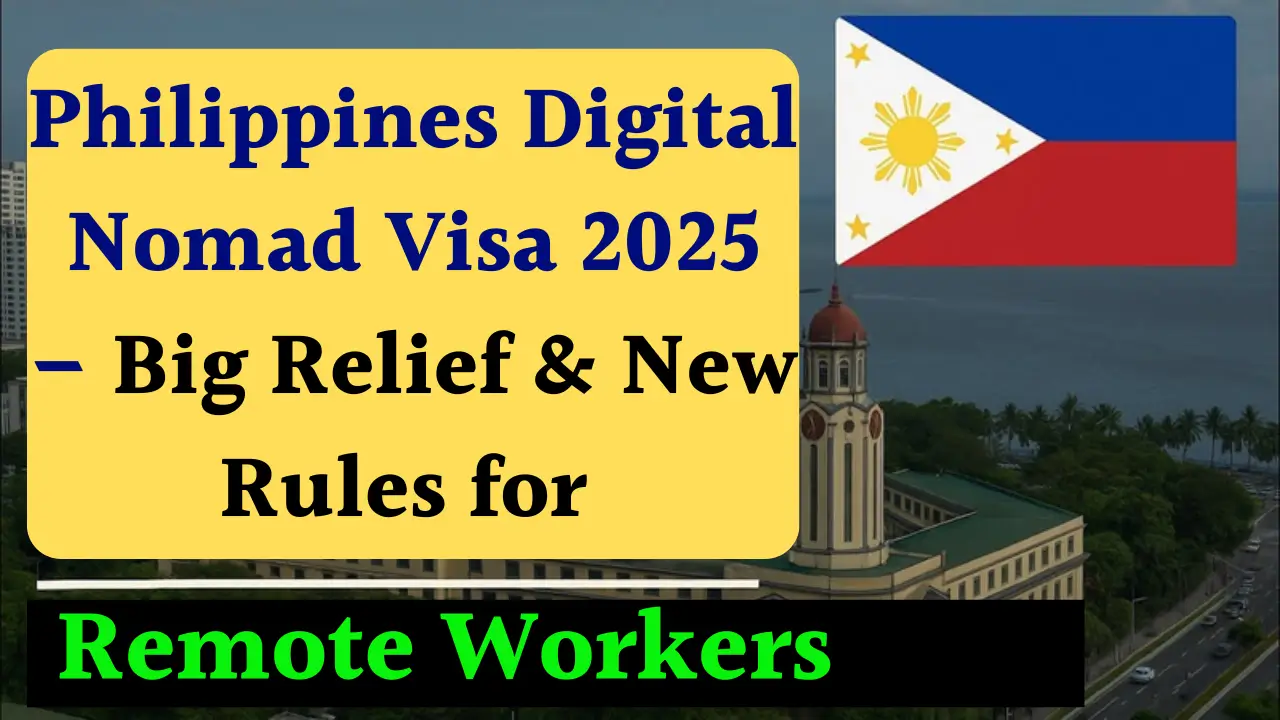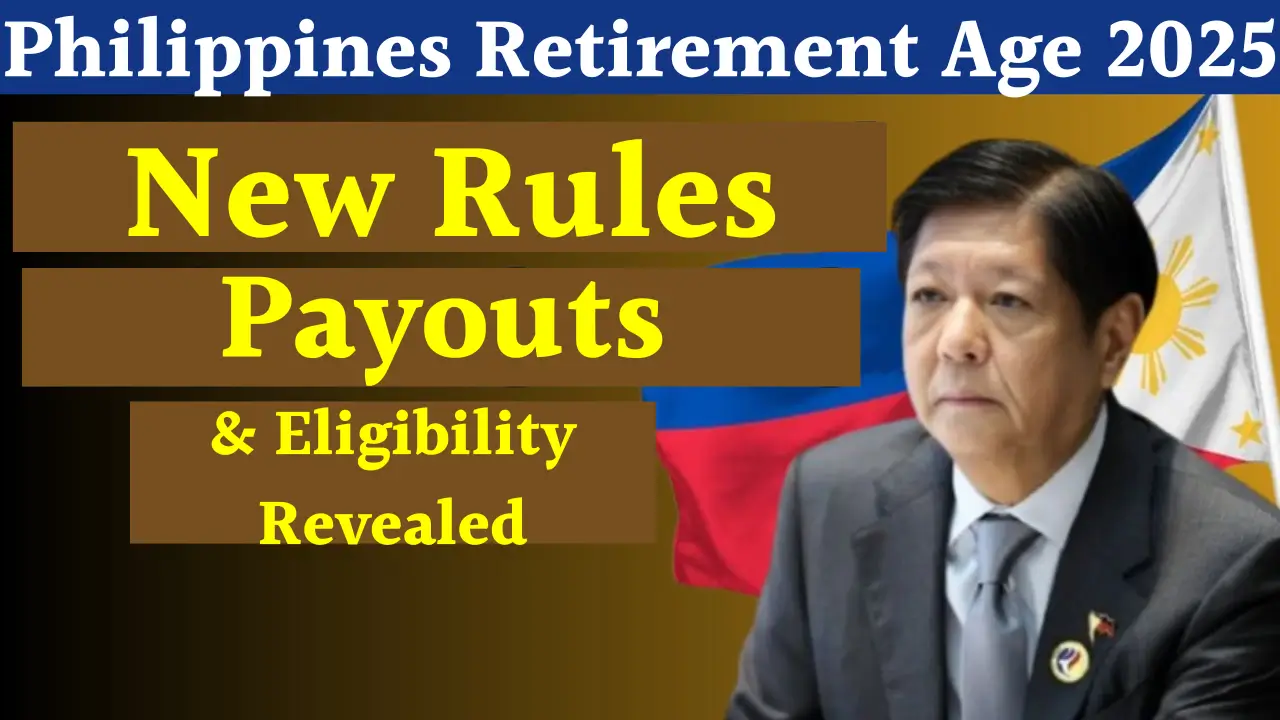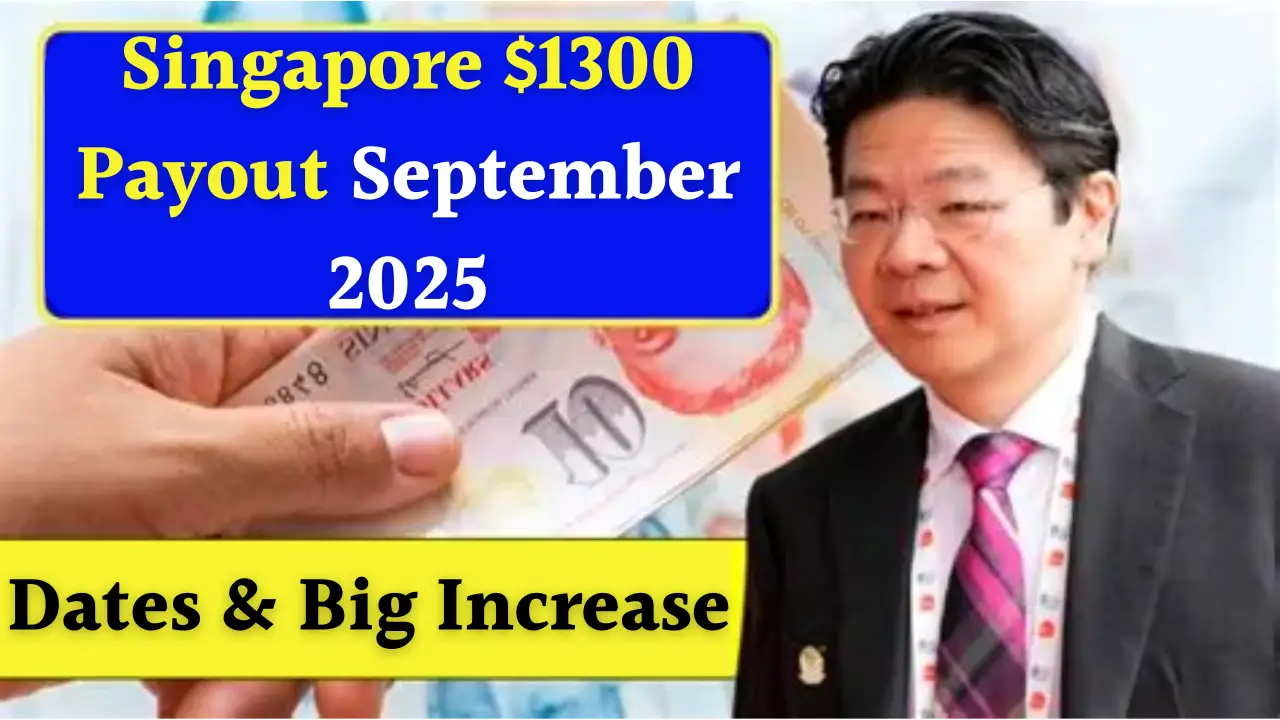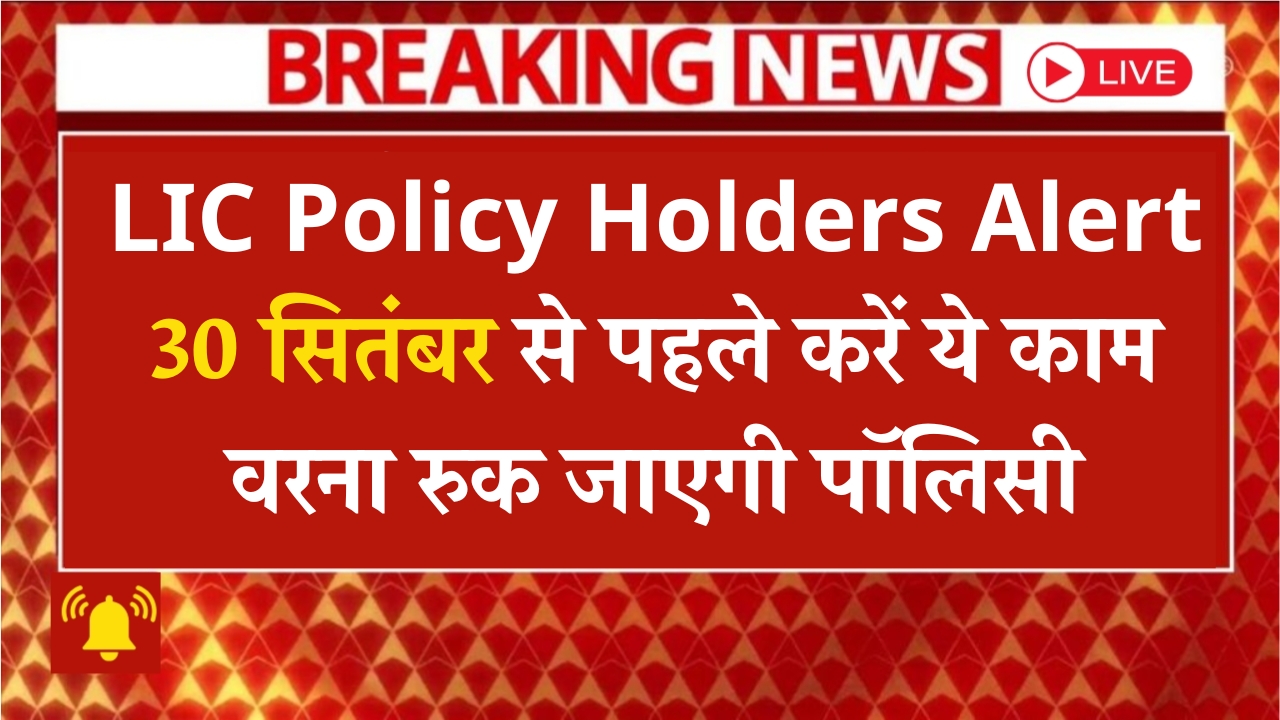The Philippines introduces Digital Nomad Visa 2025, marking a significant moment for international remote workers seeking tropical destinations with robust work-life balance opportunities.
As remote work becomes more mainstream across the globe, countries are beginning to compete for digital professionals who bring economic growth without taking local jobs. The Philippines, with its stunning islands, English-friendly environment, affordable cost of living, and vibrant culture, now positions itself among leading nations offering specialised visas for digital nomads.
This government initiative reflects a strong shift towards integrating global nomadic workforces, encouraging long-term stays for freelancers, entrepreneurs, and remote employees, while also boosting tourism and economic development in the archipelago.
What is the Philippines Digital Nomad Visa 2025?
The Digital Nomad Visa (DNV) is a special residence permit launched by the Government of the Philippines to attract remote workers who earn their income from foreign employers or clients. Unlike traditional work visas, the DNV does not require employment with Philippine-based companies. Instead, it allows foreign nationals to legally reside in the Philippines while continuing their online work.
The primary goal is to strengthen the tourism economy while ensuring foreign professionals can live within the country for extended periods without facing legal or visa-related challenges.
Key Features of the Visa Programme
The Digital Nomad Visa comes with several benefits that make remote work in the Philippines more attractive.
- Legal Stay for 1–2 Years: The visa allows digital workers to remain in the Philippines for an initial one-year period, extendable up to two years.
- Tax Exemptions on Foreign Income: Holders are typically exempted from local income tax if earnings are sourced from outside the Philippines.
- Family Inclusion: Some categories allow spouses and dependent children to apply for residence permits alongside the main applicant.
- Multiple Entry Privileges: Visa holders can travel in and out of the Philippines during validity, ensuring flexibility.
Eligibility Requirements for Applicants
Applying for the Philippines Digital Nomad Visa requires meeting specific criteria designed to ensure applicants are financially stable and genuinely engaged in remote work.
Basic Requirements:
- Must be a foreign national employed by a company outside the Philippines OR a self-employed freelancer working for international clients.
- Demonstrate a minimum monthly income threshold (expected between USD 2,000–3,000 depending on guidelines to be finalised).
- Present valid proof of remote employment or freelance contracts.
- Health insurance coverage during the stay in the Philippines.
- Police clearance certificate from the home country.
Application Process Step-by-Step
The application process for the Digital Nomad Visa involves streamlined procedures to support remote workers.
- Complete the official visa application form online or at Philippine consulates.
- Submit proof of remote work or self-employment income.
- Provide bank statements showing financial stability.
- Attach necessary documents such as passport copy, police clearance, and insurance proof.
- Pay the visa processing fee (estimated USD 250–400).
- Await approval within 4–6 weeks, after which the residence permit will be granted.
Comparison: Philippines Digital Nomad Visa vs Other Countries
The Philippines now joins several Asian and global competitors in hosting nomadic workers. The table below outlines how it compares with other destinations.
| Country | Visa Duration | Income Requirement | Tax on Foreign Income | Family Inclusion |
|---|---|---|---|---|
| Philippines (2025) | 1–2 years | USD 2,000–3,000 | Mostly tax-exempt | Yes |
| Thailand | 1 year | USD 5,000/month | Limited exemptions | Yes |
| Indonesia (Bali) | 5 years | Proof of funds | Tax-free (specific) | Yes |
| Portugal | 2 years | USD 3,000/month | Taxed partially | Yes |
| UAE (Dubai) | 1 year | USD 3,500/month | No local tax | Yes |
The Philippines offers lower financial barriers compared to Western counterparts, making it an affordable tropical choice.
Why Choose the Philippines?
The Philippines provides a unique environment that blends modern connectivity with natural beauty, ideal for digital professionals.
- Wide English Proficiency: English is widely spoken, making communication effortless.
- Affordable Living Costs: Rent, transportation, and food prices remain significantly lower than in Europe or North America.
- Excellent Work-Life Balance: Remote workers can explore 7,000+ islands, modern coworking hubs, and dynamic city life.
- Time Zone Advantage: Convenient time zone overlap with major Asian markets and partial compatibility with Australia and the US.
Economic and Social Impact
The introduction of the Digital Nomad Visa 2025 supports the emerging trend of work-from-anywhere culture. By attracting thousands of digital professionals, the Philippine government expects boosts in:
- Tourism revenue from extended stays.
- Local businesses including housing, food, and coworking spaces.
- Knowledge exchange between locals and global professionals.
- Strengthening the global reputation of the Philippines as a reliable investment and lifestyle destination.
This initiative could transform the economic fabric of major hubs like Manila, Cebu, and Davao, while also distributing benefits to secondary tourist regions.
Challenges and Considerations
Despite its appeal, the programme faces certain challenges.
- Internet Reliability: While urban areas have strong service, rural islands may face connectivity issues.
- Healthcare Infrastructure: Remote areas may not offer advanced medical facilities.
- Immigration Backlogs: Increased demand may slow visa processing if not managed efficiently.
- Environmental Preservation: Mass tourism-related stays might risk ecological damage without proper planning.
By addressing these concerns proactively, the Philippines can solidify its place as a top nomadic destination.
Future Outlook for Digital Nomads in the Philippines
With global trends showing that remote work is here to stay, the Philippines’ initiative sends a powerful signal of adaptability. The visa not only benefits workers but also extends cultural ties and global mobility. For the Philippines, this programme is more than just tourism—it is about repositioning the nation in the digital economy of tomorrow. If supported with infrastructure upgrades, strong cybersecurity, and sustainable tourism strategies, the programme will secure long-term economic benefits.
FAQs
Q1. Who can apply for the Philippines Digital Nomad Visa 2025?
Any foreign professional working remotely for overseas employers or international clients can apply.
Q2. How long is the Digital Nomad Visa valid in the Philippines?
The visa is valid for one year and extendable up to two years.
Q3. What is the income requirement for this visa?
Applicants must show a monthly income between USD 2,000–3,000 as evidence of financial stability.
Q4. Do visa holders need to pay taxes in the Philippines?
No, income earned outside the Philippines is generally exempt from local taxation.
Q5. Can family members accompany digital nomads?
Yes, spouses and dependent children can be included under the residence permit.
Conclusion
The Philippines introduces Digital Nomad Visa 2025 with the clear vision of becoming a leading digital work hub in Asia. By lowering the entry barrier, offering flexible living conditions, and granting tax benefits, it provides remote workers a chance to thrive in one of the world’s most welcoming and scenic countries. For global professionals searching for a secure legal pathway to combine work with lifestyle, the Philippine Digital Nomad Visa is a milestone effort and indeed a game changer for the nomadic future.













